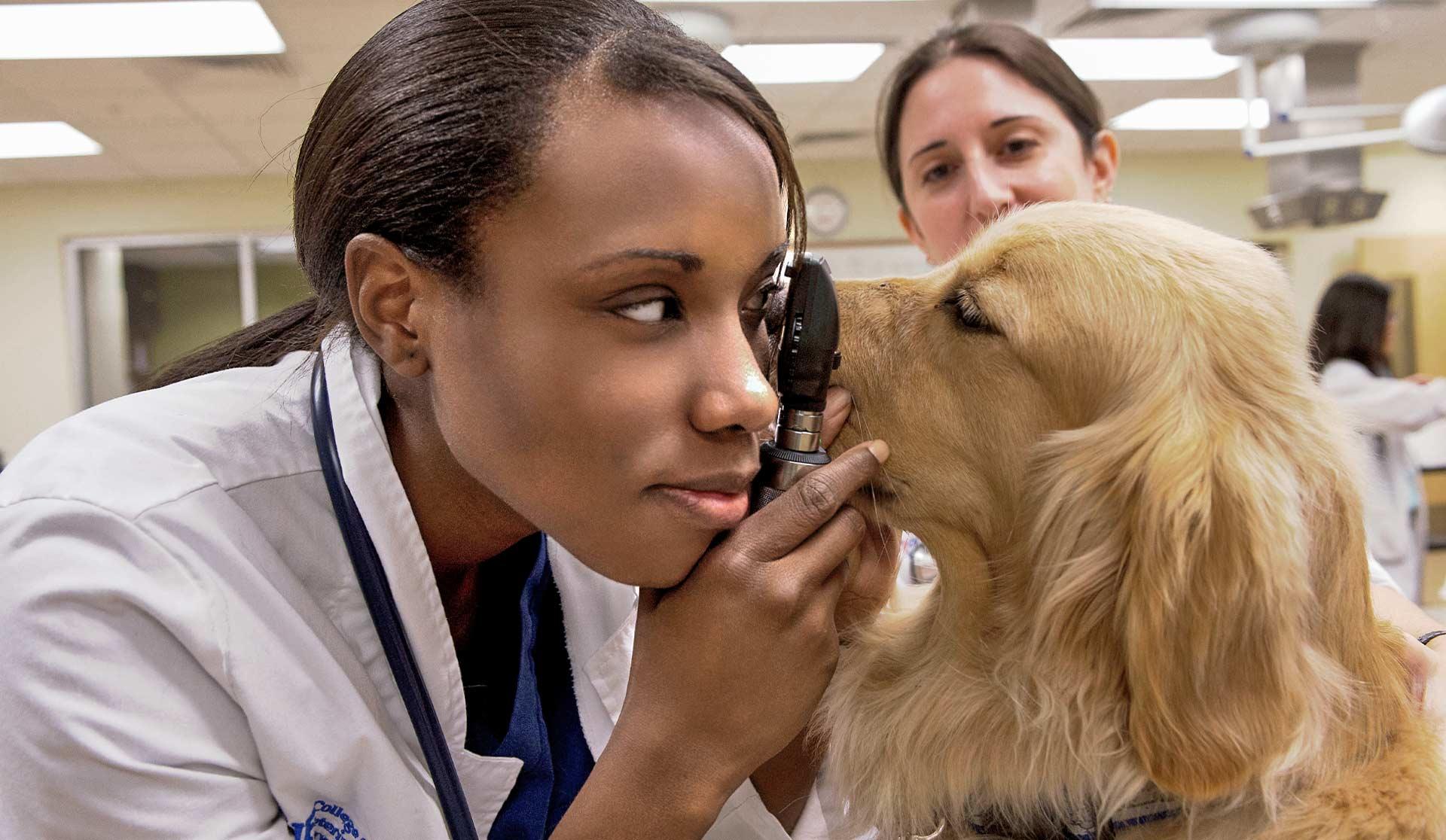Vet Enterprise: Offering Comprehensive Solutions for Your Pet's Health and wellness
Vet Enterprise: Offering Comprehensive Solutions for Your Pet's Health and wellness
Blog Article
Vaccination Guidelines From Your Trusted Veterinarian
Inoculation guidelines provided by your trusted vet play an essential function in securing your animal's health and wellness and wellness. In addition, dealing with usual misconceptions bordering injections can better enhance pet dog owners' self-confidence in these preventive steps.

Value of Inoculations
Vaccinations play a crucial role in protecting pet dogs versus a series of preventable diseases. By stimulating the immune system to recognize and battle certain virus, injections dramatically minimize the incidence of infectious diseases that can influence a family pet's health and longevity. Not just do inoculations safeguard individual pets, but they additionally add to herd immunity, therefore reducing the total occurrence of conditions in the animal population.
Timely vaccinations help to alleviate the spread of diseases such as rabies, parvovirus, and distemper, which can have serious consequences for both people and pet dogs. Furthermore, vaccinations are often a demand for boarding facilities, grooming solutions, and canine parks, making them essential for those who desire to mingle their pet dogs.

Core Vaccinations for Family Pets
While the particular inoculation requirements of family pets can vary based upon private factors, core vaccines are universally advised to safeguard versus the most typical and serious conditions (Veterinarian Enterprise). Core vaccinations are those considered essential for all family pets, regardless of their way of life or geographic location, as they guard versus possibly deadly and highly transmittable ailments
For canines, the core vaccinations consist of those for canine distemper, parvovirus, adenovirus (hepatitis), and rabies. Adenovirus can result in liver disease, while rabies is a zoonotic illness that positions a threat to both pet dogs and human beings.
In pet cats, core vaccinations include feline panleukopenia, feline calicivirus, feline herpesvirus (rhinotracheitis), and rabies. Feline panleukopenia is a very contagious viral disease that affects the immune system and intestinal tracts. Calicivirus and herpesvirus are significant factors to top respiratory infections in felines, while rabies continues to be a vital worry for public wellness.
Seek advice from with your veterinarian to ensure your animals receive their core vaccinations on time.
Non-Core Vaccines Explained
Non-core vaccinations are customized to attend to certain dangers linked with a pet dog's direct exposure, setting, and lifestyle to certain diseases. Unlike core vaccines, which are universally advised for all pets, non-core vaccines are considered based upon private situations. These injections are especially important for pet dogs that may encounter unique microorganisms due to their geographical location, traveling routines, or tasks.
Instances of non-core injections consist of those for Bordetella bronchiseptica, which is connected to kennel cough, and Lyme illness, triggered by ticks. Family pets that regularly interact with various other animals, such as those in boarding centers, canine parks, or brushing atmospheres, might benefit from Bordetella vaccination. In a similar way, if you reside in a location where Lyme disease prevails, vaccinating against this condition can be a prudent option for outdoor-loving canines.
Other non-core vaccines may include those for leptospirosis, canine influenza, and feline leukemia, depending on the certain risk elements existing. It is necessary to have a detailed discussion with your veterinarian concerning your pet's way of life and the possible need for these injections, ensuring a customized inoculation approach that best secures your fuzzy friend.
Vaccination Arrange Introduction

As animals grow, it is necessary to stick to the recommended booster vaccinations. Pet Vaccinations. For grown-up pets, core vaccines are normally offered each to 3 years, depending on the specific vaccination and local laws. Non-core vaccinations may be encouraged based on way of life elements and regional disease prevalence, requiring a customized strategy
Regular veterinary check-ups are critical for upgrading vaccination routines. Your veterinarian can supply advice on one of the most proper booster shots for your pet dog, considering age, wellness standing, and ecological threats. By remaining aggressive and informed, pet owners can guarantee their hairy companions get effective and timely vaccinations, consequently securing their health and wellness and wellness throughout their lives.
Typical Misconceptions Regarding Injections
Mistaken beliefs about family pet inoculations can cause confusion and reluctance amongst pet dog proprietors regarding the booster shot process. One prevalent myth is that vaccines are unneeded for interior animals. While it's true that indoor pets encounter lower risks, they are not entirely unsusceptible to conditions, as microorganisms can be introduced here are the findings via different means, including human apparel and various other animals.
An additional false impression is that vaccinations can create the diseases they aim to avoid. Actually, many injections have suspended or attenuated microorganisms, which can not cause here are the findings condition in healthy and balanced animals. Some pet dog owners also believe that their pet dogs ought to not be immunized if they are already healthy and balanced; nonetheless, vaccinations are an aggressive step that aids avoid the onset of ailment.
Furthermore, several pet owners fear that vaccinations will certainly lead to lasting wellness complications. The advantages of inoculation-- shielding pets from possibly deadly diseases-- far exceed the dangers.
Final Thought
In summary, adherence to inoculation guidelines is important for guaranteeing the health and wellness and durability of pet dogs. Eliminating common myths bordering inoculations even more reinforces the relevance of informed decision-making in visit here pet dog treatment.
Not just do inoculations secure individual pets, however they also contribute to herd resistance, consequently minimizing the total occurrence of conditions in the animal population.
Misunderstandings concerning pet inoculations can lead to complication and reluctance amongst family pet owners regarding the immunization procedure. While it's real that indoor family pets deal with reduced risks, they are not totally immune to conditions, as microorganisms can be introduced with numerous means, including human garments and other family pets.
Some pet dog owners also believe that their pet dogs should not be vaccinated if they are already healthy; nevertheless, vaccinations are an aggressive action that helps avoid the beginning of health problem.
The advantages of inoculation-- protecting pets from potentially serious diseases-- far outweigh the risks.
Report this page